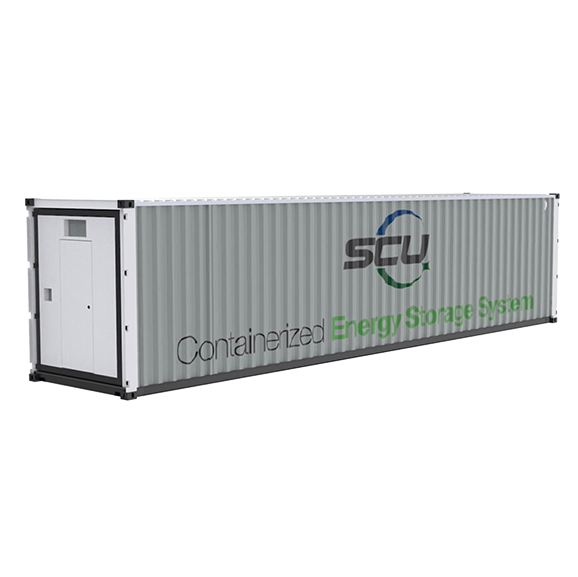With the continuous evolution of energy storage technology, battery energy storage is gradually becoming a hot topic in the energy industry. In this field, battery energy storage containers are attracting attention due to their versatility and adaptability. This article will explore the differences between container and prefabricated cabin in battery energy storage containers, as well as their applications in the energy field.
Differences: Container vs. Prefabricated Cabin
Battery Storage Container: Battery storage containers are compact, enclosed containers that house energy storage batteries, electronic control systems, and supporting equipment. The advantage of this container design lies in its convenience and mobility. They can easily be deployed in different locations and are suitable for temporary or emergency energy needs. Moreover, the standard size of containers makes their transportation and installation more convenient, suitable for a variety of applications.
Battery Storage Prefabricated Cabin: Battery storage prefabricated cabins, on the other hand, are larger structures resembling small buildings. Prefabricated cabins are typically prefabricated in factories and then transported as a whole for installation onsite. This design is suitable for larger capacity energy storage solutions, such as industrial energy storage or microgrids. Prefabricated cabins usually have higher customization to meet specific application requirements.

Applications: Versatility of Containers and Prefabricated Cabins
Applications of Containers: Battery storage containers are suitable for various scenarios. They can be used for temporary energy needs, such as outdoor activities, emergency rescue, or special events. Furthermore, containers can serve as temporary backup power sources during power system maintenance, ensuring the continuous operation of critical equipment. Their convenience and mobility make them widely applicable in different fields.
Applications of Prefabricated Cabins: Battery storage prefabricated cabins are suitable for larger capacity energy storage solutions. They are commonly used in industrial sectors such as factories, mines, or large commercial buildings, to balance grid load, cope with peak power demands, or provide backup power. Moreover, in remote or off-grid locations, prefabricated cabins can be used to build microgrid systems, providing stable and reliable power supply for local communities.
Future Prospect of Battery Storage ContainersWith the advancement of energy transition, battery storage containers will play a more important role in the future. They not only bring flexibility and sustainability to the energy industry but also have extensive application prospects in areas such as construction, transportation, and industrial fields. With further technological innovation and cost reduction, battery storage containers are expected to become crucial tools to promote the popularization of renewable energy and improve energy management.
Battery Storage Containers: Differences in Form and Application
The two designs of containers and prefabricated cabins in battery energy storage container differ in form and application. Containers are suitable for convenient temporary energy needs, while prefabricated cabins are more suitable for large-capacity, customized energy storage solutions. Whether in outdoor activities or industrial fields, battery storage containers will play a key role in the future, promoting the development and application of energy storage technology.
